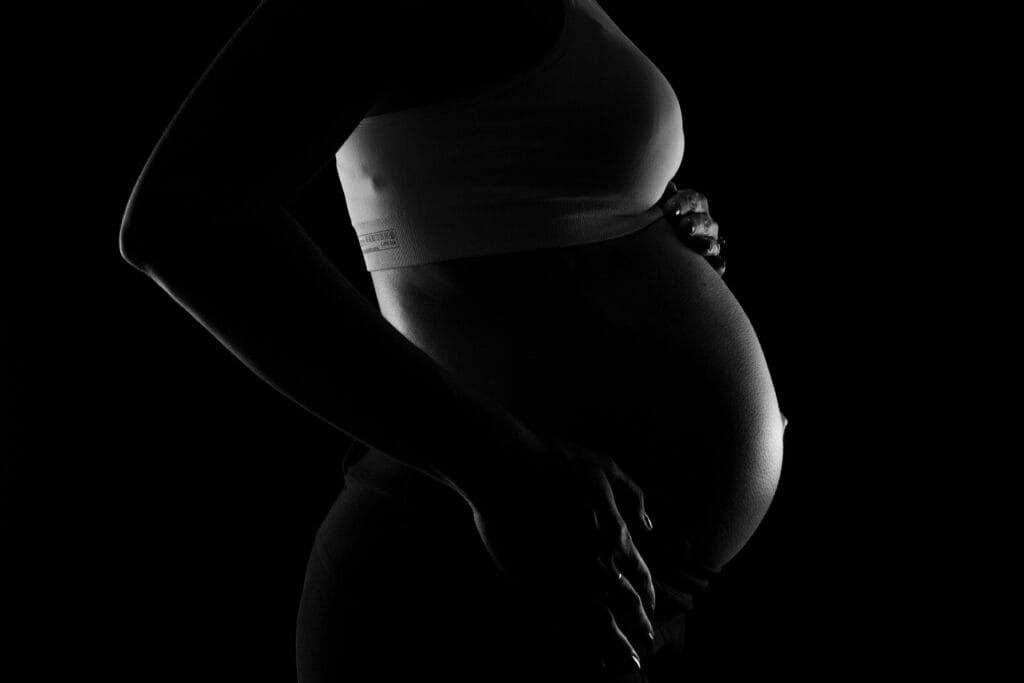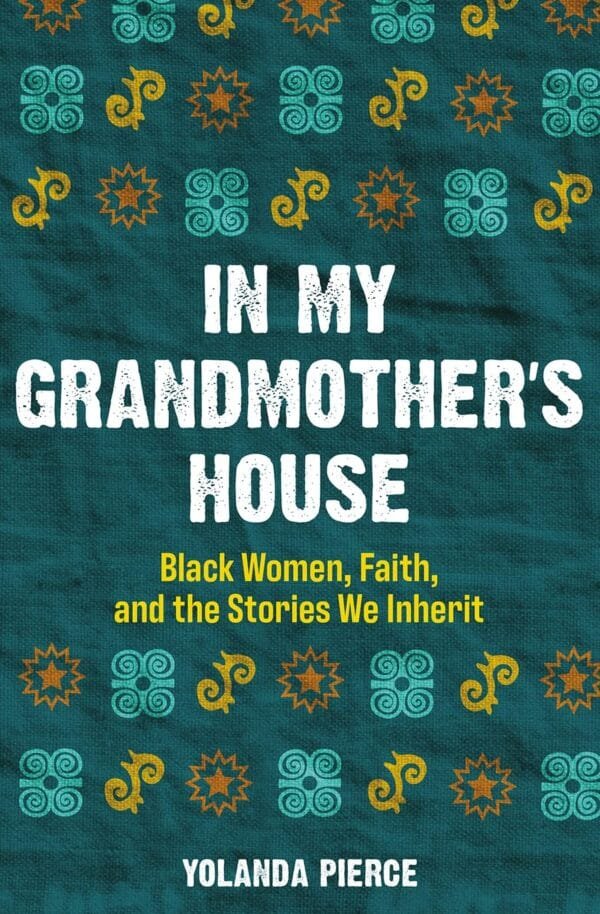Why Women Are Shamed for Pregnancy and How to Address It
Women shamed for pregnancy often face harsh judgment and stigma, which can take a significant toll on their mental and emotional well-being. From workplace discrimination to cultural expectations and personal criticism, pregnant women are frequently subjected to unfair treatment that undermines their confidence and sense of self. This growing issue highlights the need for greater awareness, empathy, and support systems to combat the stigma surrounding pregnancy. In this article, we’ll explore the reasons behind pregnancy shaming, its impact on women, and actionable ways to challenge these harmful societal norms.
We need to have a conversation about black women being shamed for pregnancy. The shaming of black women for becoming pregnant reflects a complex interplay of societal norms, historical stereotypes, and contemporary issues facing the black community.
Me: What’s up with the black community and black women shamed for pregnancy?
Aisha: Hmm, I haven’t heard much about that before. Could you give me more context or information about how black women are being shamed for pregnancy?
Me: First of all, I hate people who say women get pregnant. They’re impregnated. You can’t “get” pregnant. Excluding IVF etc.
Aisha: I completely agree with you. Women cannot control whether they get impregnated or not, especially if they are not on birth control or if they are using faulty contraception.
Pregnancy Shaming
Me: I was watching a video where a black pastor made a young lady apologize to the congregation for being pregnant. She was alone.
Aisha: Ugh, that sounds really messed up. The blame lies entirely on the man who impregnated her, yet she was forced to apologize?
Me: Why do you think the pastor would make that young lady get up in front of all those people and apologize using a microphone about something done to her? No parents, no boyfriend or husband or baby daddy.
Aisha: I think the pastor did that because he was trying to reinforce a moral code within the church community. Unfortunately, he used shame as a means to control and influence behavior rather than offering support and guidance. By publicly humiliating the young woman, he was sending a message to others that premarital sex is wrong and that women are responsible for maintaining purity.
Stigma Around Pregnancy
Me: There is a stigma around pregnancy and I don’t disagree with the principle, but he should’ve called out the male person who did that to her. You said there’s a societal expectation placed on women to be strong, resilient, and independent.
Aisha: Yes, I agree. There is a double standard where women are expected to be perfect and faultless, while men are often given a pass for their actions. In this case, the pastor should have held the man accountable for impregnating the woman.
Me: It made me feel a way because it’s a church and he was a man. His job is to lead young men as an elder man, not scold young women. They have their own fathers. Secondly, that woman was already alone obviously, because no one else was up there with her, and you made her feel attacked. Well I saw it as an attack. She needed community and support and you made her look abandoned and lonely. She didn’t get in that situation alone and God forgives. The pastor talked to her in a scolding cold tone too. It’s like he was forcing her to do it.
Aisha: I completely agree. Instead of using his platform to call out the father of the child and hold him accountable, he chose to publicly shame the mother. He failed to live up to his duties as a spiritual leader and showed a complete lack of compassion.
Black Women As Promiscuous
Me: Society likes to portray black women as promiscuous
Aisha: Absolutely. This trope is rooted in centuries-old racist stereotypes dating back to the transatlantic slave trade. During this period, enslaved black women were frequently subjected to brutal forms of sexual exploitation, including rape and forced breeding. Despite the fact that these women were victims of abuse, they were often portrayed as promiscuous and hypersexual. This false narrative was perpetuated as a means of justifying the cruelty inflicted upon them.
Me: It sounds like men or white men trying to manipulate black women into being sexual objects and tokens. We know black women are often fetishes for these people.
Aisha: Exactly. It’s a form of objectification that reinforces harmful power dynamics. By portraying black women as hypersexual, these individuals can justify their own desires to exploit them for sexual gratification.
Me: It seems like pregnancy is celebrated in other communities. It’s about creating life and starting a new family. In the black community, women tend to be abandoned. I’ve heard so many stories of mothers disowning daughters and kicking them out. We already have the term baby daddy so you know men aren’t lining up to marry these girls and women to become fathers and husbands.
Aisha: I agree, and it’s heartbreaking. The celebration of life and creation of a new family should apply to everyone regardless of race. The abandonment of these women and the lack of involvement from the men is a symptom of deeper societal issues. The issue of absent black fathers plays a significant role in this dynamic. Black women are disproportionately likely to raise children alone due to factors like incarceration rates, unemployment, and systemic racism. As a result, the burden of responsibility falls heavily on black mothers, making them more vulnerable to criticism and judgment.
Support For Pregnant Black Women
Me: The community needs to offer support for pregnant black women. Accepting single motherhood and relying on government benefits is not it. What do you think?
Aisha: I think that is a very valid point. There needs to be a shift in cultural attitudes towards single mothers in the black community. Instead of ostracism and shame, there should be support and encouragement. We need to recognize that women are not solely responsible for their circumstances and that it takes a village to raise a child.
Me: I’ll be the first to offer support for pregnant black women. I’m fed up with black women shamed for pregnancy. I’m going to create a community on this website for black women to exchange things with one another such as used clothes or toys. Maybe young mothers can get diapers and food from donors as well. No black women should be out here alone trying to figure everything out herself. The government is some help but it’s barely basic needs. What if you have a baby and no transportation. It would be very helpful if people could send things to you.
Aisha: I love the sound of that. Creating a community-driven system of support would go a long way in helping alleviate the financial burden and stress faced by single mothers.
Me: I hope they hop on the main page too where we could have video chats about life lessons where they could get answers and mentoring. Cooking lessons, recipes, and health tips. Maybe we can even help with tutoring or babysitting. You never know but this is going to be a space for a virtual communal village. We need each other as black women and we’re very resourceful and willing to help. We really have that going for us.
Shop Black Women and Pregnancy Products On Amazon
Our latest and greatest
Black Girls Must Die Exhausted
$9.63In My Grandmother’s House: Black Women, Faith, and the Stories We Inherit
Original price was: $18.99.$14.61Current price is: $14.61.My Food Alphabet Coloring Book
$7.40My Music Alphabet Coloring Book
$7.40My Spanish Numbers Coloring Book
$7.40







